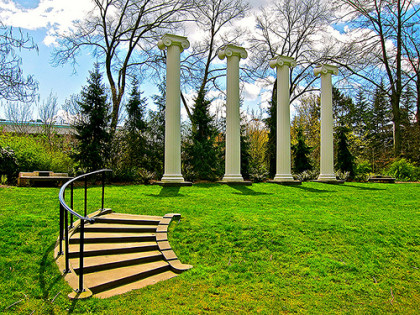What's it actually like when you finally finish a PhD? Recent PhD grad Will Mari wraps up his series on life after graduate school, Processing Your PhD. See posts on finishing here, teaching here, and further thoughts on being done here. I'm sitting in my office on a quiet, mid-summer afternoon, and my campus is silent. Sure, I hear the clunk-clunk of apples rolling off the roof above my office (outside an ancient tree stands vigil, and is raining forth its bounty early). We have a few summer camps going … [Read more...] about Processing your PhD: on next-ness
Processing your PhD: a further meditation on done-ness
What's it actually like when you finally finish a PhD? Recent PhD grad Will Mari continues his series on life after graduate school, Processing Your PhD. See his first post here, and his second here. … [Read more...] about Processing your PhD: a further meditation on done-ness
Processing your PhD: on teaching
Recent PhD grad Will Mari continues his series on life after graduate school, Processing Your PhD. See his first post here. … [Read more...] about Processing your PhD: on teaching
Processing your PhD: the first of a short series on life after graduate school
Join us in welcoming recent University of Washington PhD grad and new professor Will Mari, who will be sharing reflections on transitions and life after graduate school this summer. Photo: Columns, Sylvan Grove, University of Washington You stand in the Quad, surrounded by empty chairs and the sound guys talking down the stage. It's an early June day in Seattle at the University of Washington. A cool wind is blowing paper programs lazily through the air. Rain is misting down, as it does in the Northwest, … [Read more...] about Processing your PhD: the first of a short series on life after graduate school



